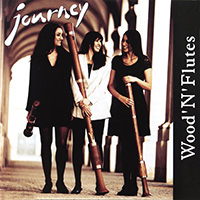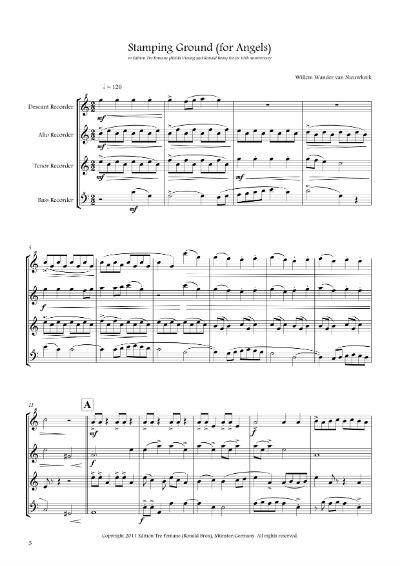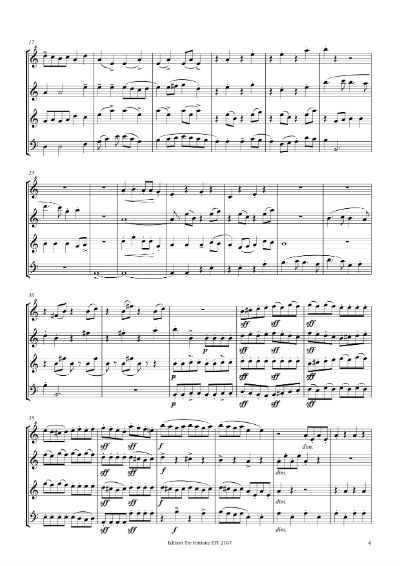2011a
Recorder quartet SATB
ca. 4'
Based on the estampita Tre Fontane, and dedicated to Edition Tre Fontane, Münster, Germany, in celebration of their 10th anniversary.
A recording by the Flanders Recorder Quartet, together with Catch (an Angel) and Kadanza has appeared in the fall of 2012.

Numerous performances interpret the estampita Tre Fontane as a kind of Turkish-Arab (well, melismatic, quasi micro-intoned) music, which is quite nice (see the videos below). However, I have snatched it from outside the gates of Vienna, or even medieval Florence, and gave it the more ‘Viennese classical’ turn of a light hearted rondo…
This also means that the Angels mentioned in the title are not the large and stately Seraphimic ones that radiate awe and inspire Holy Books. They are the small, neo-classical Cherubim and Putti that toy with things of love and beauty and caress them like near-heavenly pet animals.
The introduction says that:
“These little Angels, as lightly as being a being of light permits, dart, frisk, caper and gambol
on what is their favoured gathering place and sacred playing ground:
Time, the fields of History covered by that wide white expanse of timeless eternity
from which they descend now and then to enjoy and enlighten temporal objects.
Here, they toy with the estampie Tre Fontane, a dance from what we sometimes call our
Dark Ages but what for Angels must have been a time of spiritual rapture.
Innocently, they stroke and caress the outline of the estampie’s head and tail,
like a pet animal’s, enjoying in their own way it’s artifice that celebrates constant re-Creation.”
Just as Catch (an Angel) was a gift to Brisk Recorder Quartet, this piece too is a birthday gift: to Heida Vissing and Ronald Brox of Edition Tre Fontane to celebrate their publishing house’s 10th anniversary.”
A nice example of a ‘southern Mediterranean’ rendering of Tre Fontane is that of Ensemble Oni Wytars:
I think that even a more Notengetreue rendering already sounds quite exotic, as is shown by this one by Hanneke van Proosdij and Peter Maund:

